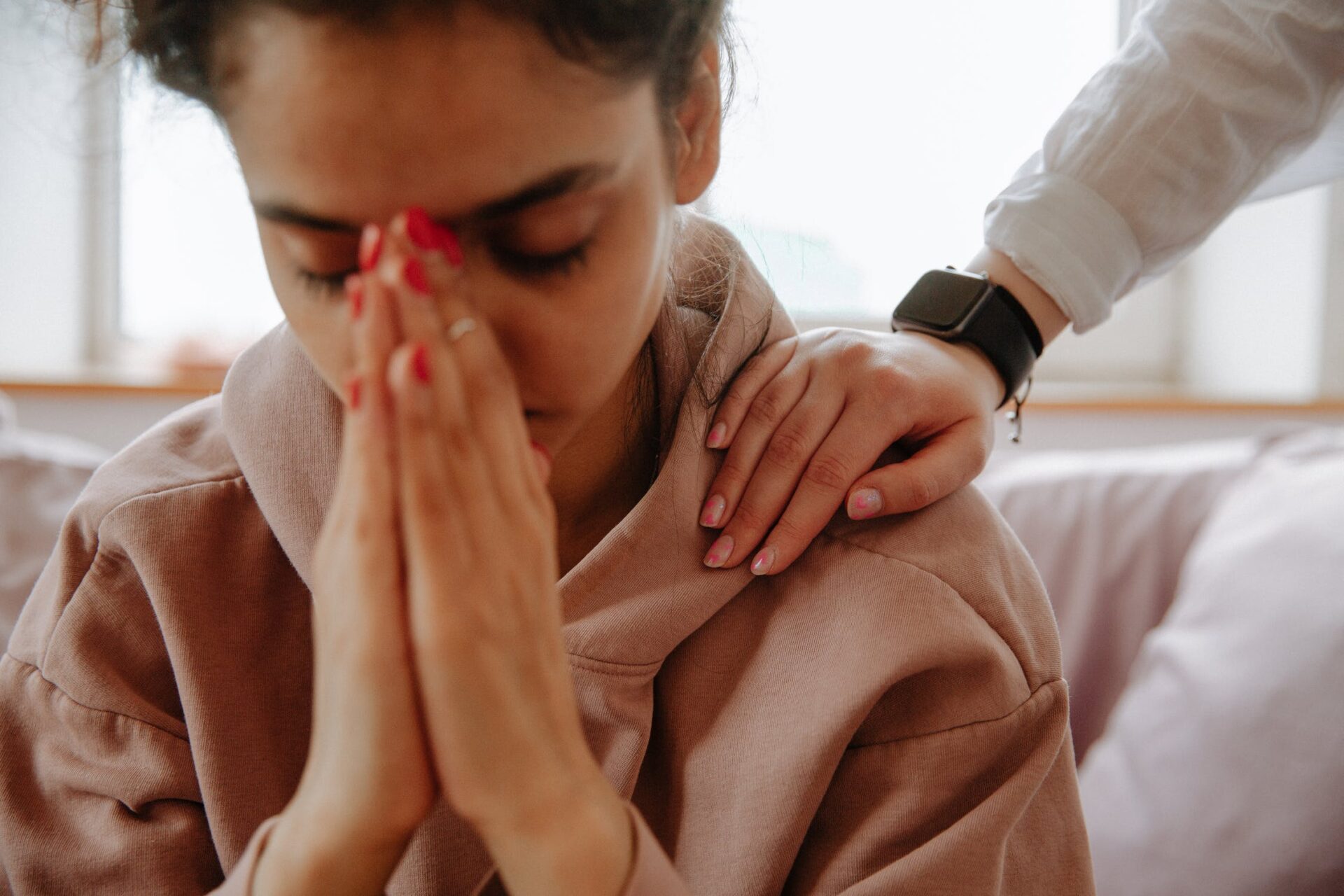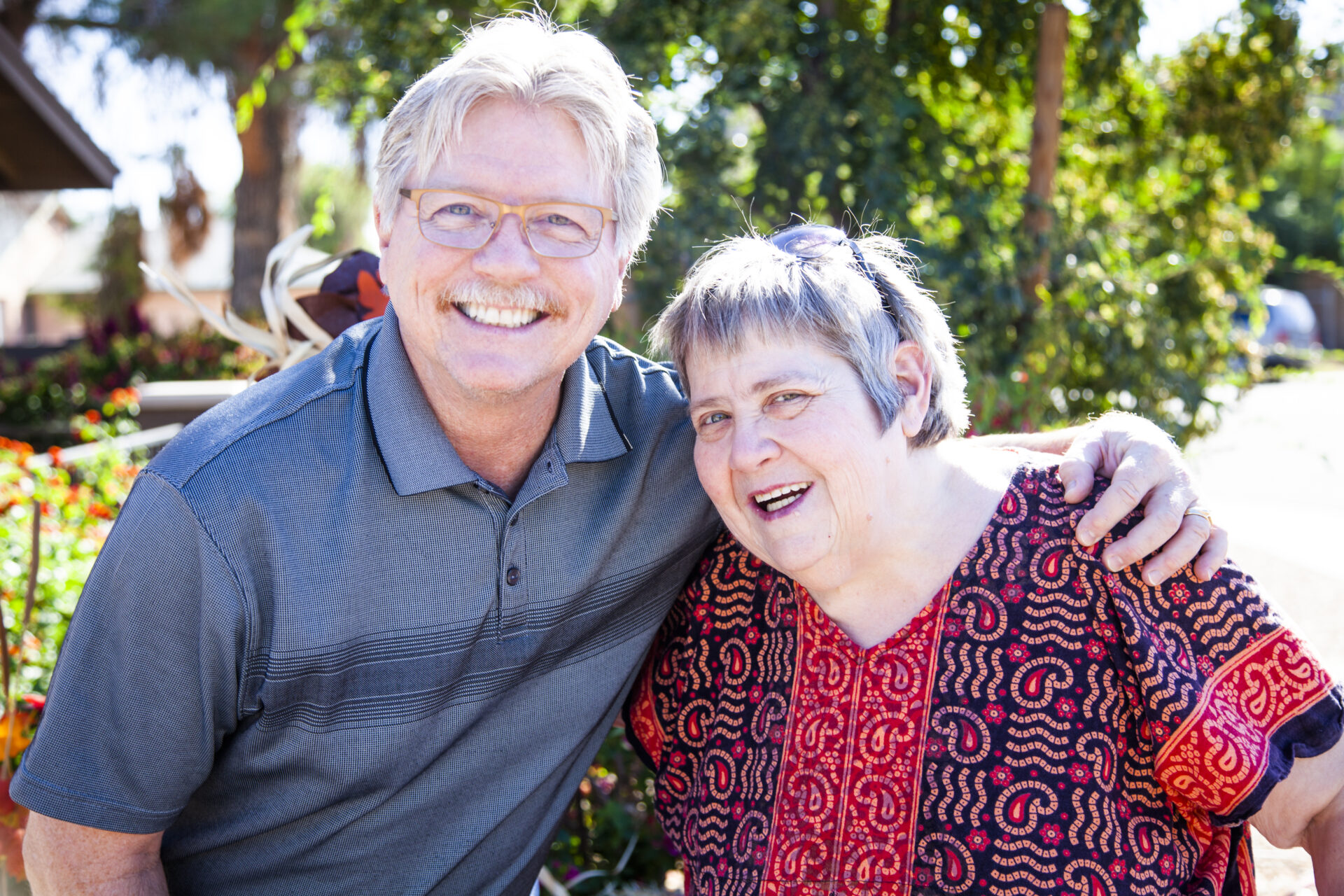What is Bipolar Disorder?
Bipolar disorder, formerly called manic depression, is a mental health condition that causes extreme mood swings that include emotional highs (mania or hypomania) and lows (depression).
These mood episodes are categorized as manic, hypomanic or depressive. When you become depressed, you may feel sad or hopeless and lose interest or pleasure in most activities. When your mood shifts to mania or hypomania (less extreme than mania), you may feel euphoric, full of energy or unusually irritable. Mood swings like this can affect sleep, energy, activity, judgement, behavior, and the ability to think clearly.
Mood swing episodes may occur rarely or multiple times a year. Most people will experience some emotional symptoms between episodes, some may not experience any.
Bipolar Disorder Treatment
Bipolar disorder is a lifelong condition, mood swings and other symptoms can be managed by following treatment plans. Bipolar disorder is treated with medications and psychological counseling.
Certain medications can help control the symptoms of bipolar disorder. Some people need to try several different medications and work with their doctor before finding the ones that work best. The most common types of medications that doctors prescribe include mood stabilizers. Mood stabilizers such as lithium can help prevent mood episodes or reduce their severity when they occur. Lithium also decreases the risk for suicide. Additional medications that target sleep or anxiety are sometimes added to mood stabilizers as part of a treatment plan.
Psychotherapy is a phrase for a variety of treatment methods that aim to help someone identify and change troubling emotions, thoughts and behaviors. This type of therapy can offer support, education, skills and strategies to people with bipolar disorder and their families. Psychotherapy is used in combination with medications.
Bipolar Disorder and Assisted Living
Those living with bipolar disorders need structure in their lives. An assisted living community, like Heritage Lane, specializes in mental health diagnoses and can give the needed support, medication management, and boundaries to individuals with bipolar disorder. Routines are comforting and predictable and are useful to someone whose medical condition often make life unpredictable. Setting up schedules and tasks to accomplish at certain times of the day or week are helpful.
People with bipolar disorder can benefit from an assisted living facility for residents who maintain a level of independence. They may need day to day assistance with bathing, dressing, managing medications and just general supervision. Assisted living provides a long-term option that combines, housing, support services, health care, and activities as needed. There are very few Behavioral Assisted Living Facilities like Heritage Lane that have trained staff members who are there 24/7 to provide care and assistance with things like medication, daily living skills, meals, and are most importantly trained to care for those with the behavioral issues that arise from mental health diagnoses such as bipolar disorder.
Heritage Lane offers in-house mental health support with our Psychiatric Nurse Practitioner and she is able to recognize when an individual may need a change with medication and emotional support.
Interested in getting help for your loved one? Learn more about Finding the Right Long-Term Mental Health Facility. Or, call us today to talk about how Heritage Lane can help, (480)999-0511.










